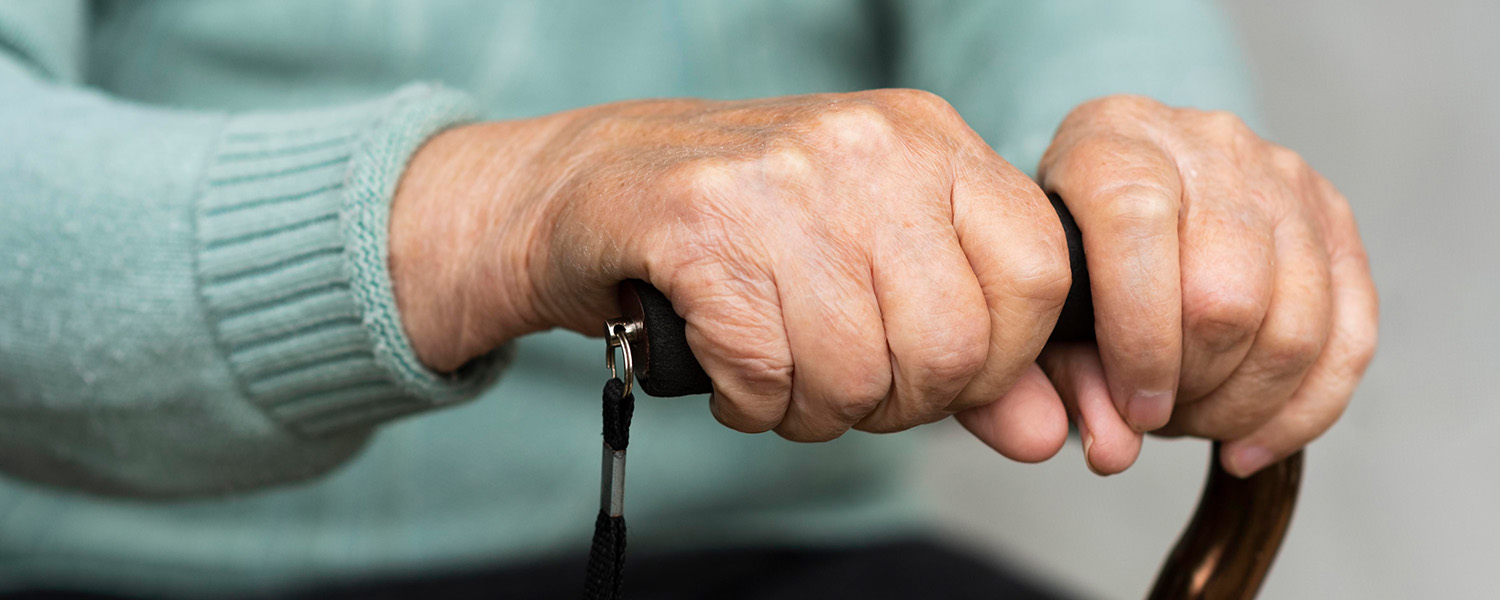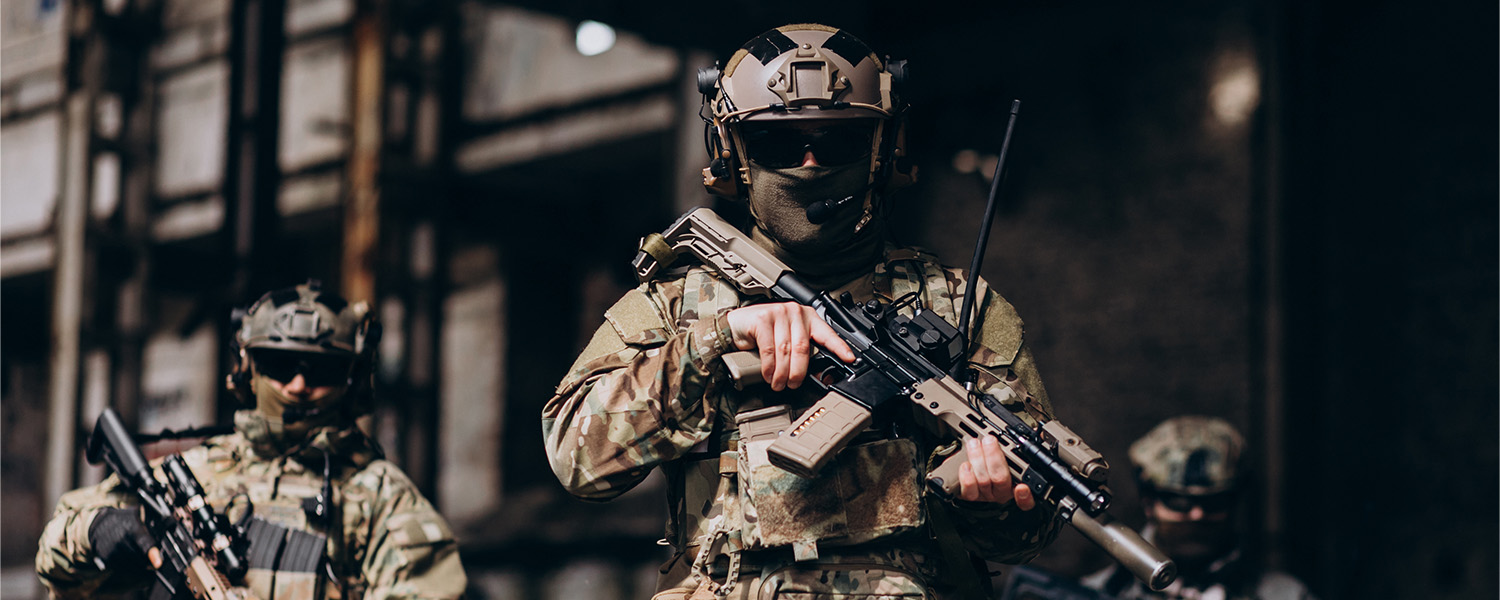Weekly Mass Torts Bulletin 2024-April-1
Pharmacies Challenge $650M Opioid Verdict in Ohio Court

Pharmacy giants CVS, Walmart, and Walgreens are pressing Ohio's highest court to absolve them of responsibility for contributing to an opioid epidemic in two of the state's counties, which recently secured a $650.9 million judgment against them.
Representing Walgreens, an attorney argued before the Ohio Supreme Court that state law prohibits Lake and Trumbull counties from asserting that the pharmacies' distribution of addictive pain medications created a public nuisance requiring their intervention.
The attorney cited an amendment to the Ohio Products Liability Act, enacted in 2007, which explicitly prohibits common-law public nuisance claims arising from product sales seeking compensation from manufacturers or suppliers. Emphasizing the broad and categorical nature of this language, the attorney contended that it should shield the pharmacy chains from liability.
However, some justices raised questions regarding the legislature's intent behind the statute, suggesting that its application to cases like the opioid epidemic might not have been initially contemplated. Unlike traditional product liability suits seeking damages for past injuries from defective products, the opioid case was initiated by local governments to obtain equitable relief aimed at preventing future harm rather than compensating for historical damages.
This case marked the pharmacy operators' first trial amidst a flood of litigation nationwide against drug manufacturers, distributors, and pharmacies regarding the devastating U.S. opioid addiction crisis. A federal jury in Cleveland previously determined that an oversupply of addictive pain pills, along with their diversion to the black market, constituted a public nuisance in the counties, with the companies playing a role in its propagation. Allegations included failure to heed warning signs and ensure the validity of prescriptions filled by their pharmacies, which the companies denied.
Subsequently, the overseeing U.S. District Judge ordered CVS, Walmart, and Walgreens to collectively pay $650.9 million to aid the affected counties in addressing the epidemic's consequences. Although CVS, Walmart, and Walgreens agreed to a combined $13.8 billion settlement for nationwide lawsuits brought by states and local governments, the two Ohio counties refused to settle and defended their verdict on appeal. Responding to the appeal, the 6th U.S. Circuit Court of Appeals sought the Ohio Supreme Court's review, citing "novel and unresolved questions" of state law.
Counsel for the counties argued that Ohio law did not preclude the jury from issuing equitable relief to address future harms, compelling the companies to alter their dispensing practices and contribute to addiction mitigation efforts in the affected communities.
Paraquat Lawsuit Vetting May Lead to Settlements

With over 5,000 Paraquat lawsuits awaiting resolution in federal courts, the U.S. District Judge overseeing the litigation has initiated measures to scrutinize claims involving questionable liability theories, aiming to facilitate Parkinson’s disease settlements before proceeding to trial with the first bellwether cases.
The complaints in the litigation uniformly allege that Syngenta and Chevron failed to adequately disclose the connection between Paraquat and Parkinson’s disease. Most of these lawsuits are brought by individuals who regularly handled the controversial weed killer through spraying, mixing, transporting, or handling. However, some claims involve Paraquat "drift," where plaintiffs were exposed to the herbicide from nearby spraying, an aspect the manufacturers have indicated they will not settle.
To address common factual and legal issues raised across the federal court system, the Paraquat litigation was consolidated before a U.S. District Judge in the Southern District of Illinois in June 2021, forming a federal MDL (multidistrict litigation). A "bellwether" process was established by the Court to prepare a small group of Paraquat lawsuits for trial, expected to represent the majority of claims in the litigation.
Despite these efforts, negotiations for Paraquat Parkinson’s disease settlements have been hindered by claims not directly linked to the weed killer exposure. Responding to concerns raised by Defendants about claims with seemingly implausible liability theories connecting illnesses to Paraquat exposure, the Judge ordered additional discovery in 25 potential Paraquat cases earlier this year. This required case-specific depositions to be conducted over the initial months of 2024.
Following the Court's order, at least nine selected cases with questionable liability theories were withdrawn by plaintiffs, prompting the court to replace them last month. However, in a subsequent case management order on March 7, the Judge noted that another nine cases had been withdrawn, necessitating their replacement as well.
The Judge articulated that the additional discovery from these cases and previously identified plaintiffs would offer representative data, enabling the determination of the plausibility and substantiation of their claims. The aim is to weed out non-meritorious claims and align with prior orders requiring discovery and depositions in similar mass actions.
The removal of these "non-meritorious" cases is expected to facilitate the negotiation of Paraquat Parkinson’s disease settlement agreements. However, if significant numbers of claims remain unresolved after the vetting process and early bellwether trials in the MDL, the Court may begin remanding hundreds of claims back to their originating U.S. District Courts for separate trial dates in the future.
250K Veterans Settle $6B Earplug Case With 3M

A $6 billion settlement in a series of lawsuits concerning allegations that 3M, a manufacturing giant, supplied earplugs to the military during the Iraq and Afghanistan wars, resulting in hearing damage, will proceed as nearly 250,000 veterans and service members have agreed to the deal, the company announced recently.
This settlement, one of the largest federal mass tort cases in U.S. history, was initially disclosed in August. However, it was contingent on at least 98% of the veterans who filed claims against 3M accepting the terms. With the deadline for veterans to opt-in now elapsed, the company revealed that 99% of eligible claimants have opted to participate.
3M stated in a news release, "Once all the settlement registrations that have been submitted by claimants have been processed and validated, 3M anticipates that the settlement will have achieved a more than 99.9% participation level."
The lawsuits centered on 3M's Combat Arms Earplugs, Version 2, distributed to troops between 2003 and 2015. These earplugs were designed to have dual functionality, with one side intended to block all sound and the other side meant to protect against loud noises like explosions while allowing the user to hear soft sounds such as speech.
Nearly 300,000 veterans and service members filed lawsuits alleging design flaws in the earplugs, which allowed them to slip unnoticed into users' ears, permitting damaging noise to enter and resulting in hearing loss or tinnitus. Before the settlement, some cases went to trial with varying outcomes.
Of the over 293,000 claims filed pre-settlement, more than 249,000 claimants registered for participation, while courts dismissed over 41,000 claims, according to 3M. Despite agreeing to the settlement, 3M maintains its denial of liability and asserts that the earplugs were "safe and effective for its intended purpose" when used correctly.
A lead attorney for the plaintiffs expressed satisfaction with the settlement's progression, stating, "We're definitely pleased with the level of support both from service members and veterans, also veterans service organizations, and pleased with the settlement itself," during a brief interview.
While the majority of claimants and veterans groups endorsed the settlement, some veterans voiced concerns that the deal did not adequately address their grievances. While some settlement payments have already been disbursed this year, the majority will be distributed on a rolling basis through 2029. The settlement terms dictate that the exact amount each claimant receives will be based on their medical records.

